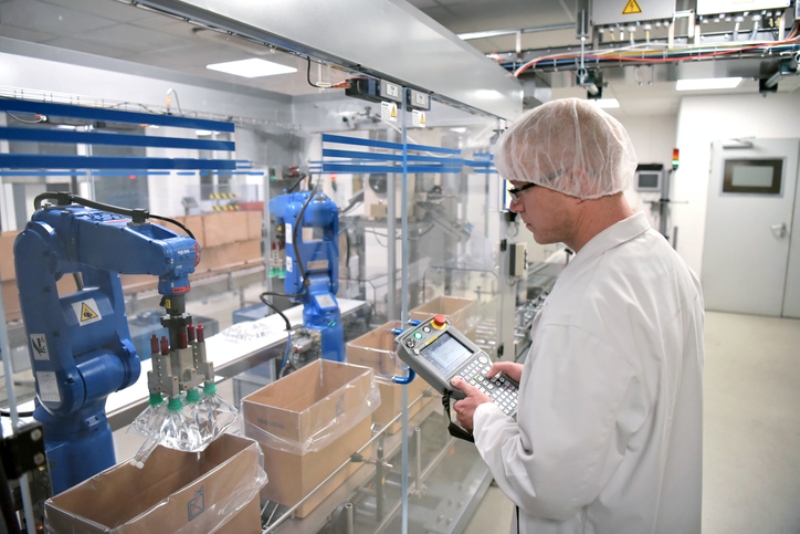Quality control must be prioritised in the pharmaceutical industry to ensure assurance in the products. Without this, doom can be spelt on consumers and manufacturers.
On ukcollected.reviews you will find reviews and feedback from consumers across the UK on the disadvantages and hazards that involves a lack of quality control in the pharmaceutical industry.
Also, reviews about Chemist 4 U shows that quality control is a regulatory exercise that ensures compliance and collective protection of everyone. Manufacturing safe and quality products should be of utmost importance. Listed below are some of the cogent significance of quality control in pharmaceutical products.

- To Motivate Professionalism and Increase Consumer Confidence: there are big issues if there is no confidence in the products of a pharmaceutical company. This is because their agenda to save lives could be altered due to different scandals, high drug prices, or poor drug tests. However, rebuilding trust and inspiring confidence could rebuild customers’ faith and believe in life-time saving treatments. To do this, transparency is a big factor to consider.
- Protecting the Public: the goal of any pharmaceutical industry is to protect the public. While it is fine to make a profit, it is guaranteed that the customer’s safety and trust are tantamount to increasing sales and making profits. If the products are not of sufficient quality, such companies must initiate strict quality control. This could be by management reviews, training of employees, document control, laboratory Out of Spec, etc. These will ensure growth and public health.
- Quality Control improves Production Efficiency: there could pressure from consumers to transform pharmaceutical operations. However, a company must find innovative means to add value, reduce cost, and also remain competitive. Collecting and analysing important data could help in transforming productions.
- Stand Against Negative Publicity: public opinions could make an industry fall so quickly. This is why scandals must be avoided. Some lawyers are always on the neck of pharmaceutical industries. They build cases and file lawsuits over fewer quality standards of drugs and other petty things they pick on. This could lead to clinical trials or the unexpected decline amongst loyal consumers. To avoid this, providing quality control to track the chain of production, supply and distribution can create effective management capacity. This can be done through a healthy investment in Enterprise Quality Management System (eQMS).
- Comply with Pharmaceutical Rules and Regulations: absolute compliance with the rules to the rules stipulated by the government and organisations is an important feature of quality control. The specific requirements are achieved and although there are events of human error, it’ll be rare. A quality team can help with the implementation of the managing system that reviews company activities and accounts for perfect execution of day to day tasks.

Quality control in pharmaceutical products facilitates the growth of the company as much as it builds consumer trust. The capacity to produce a quality product is on the companies, and adhering to public safety makes their products safe for use. Pharma companies, even as morality dictates, must safeguard against any form of negative publicity. This will not only give them a low rating, it could affect the reputation of the company.



